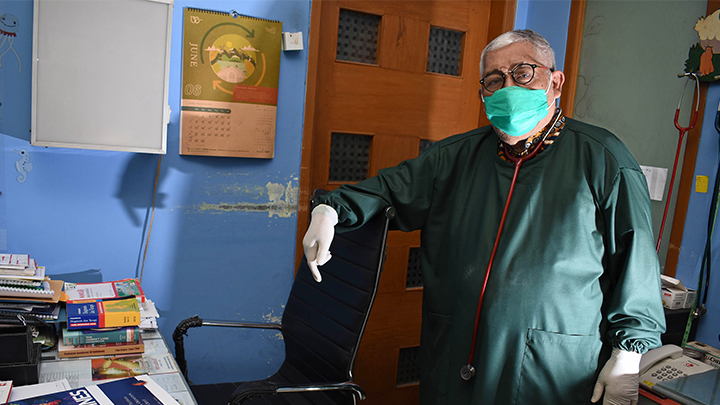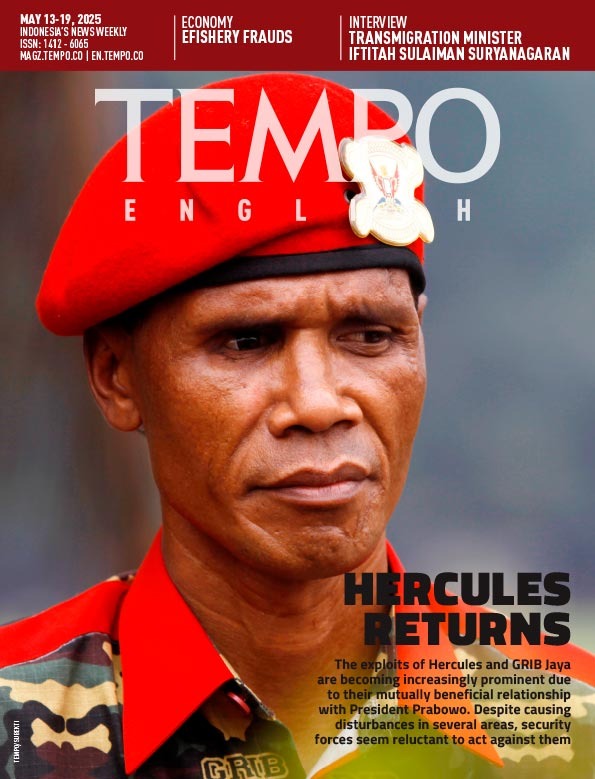Kusnandi Rusmil, Chief, Covid-19 Vaccine Research & Clinical Trial Team: We Got a Head Start to Develop the Vaccine Faster
Monday, August 3, 2020
arsip tempo : 174710426955.

THE research team needed 1,620 volunteers from among Bandung residents for the trial. Besides being required to be healthy and free of Covid-19, potential candidates must be 18 to 59 years old. “I’m looking for the age group with a relatively strong immune system,” Kusnandi Rusmil, 70, the team leader, said during a special interview with Tempo via video conference on Tuesday, July 28.
The trial offers new hope as the case
...
Subscribe to continue reading.
We craft news with stories.
 For the benefits of subscribing to Digital Tempo, See More
For the benefits of subscribing to Digital Tempo, See More








